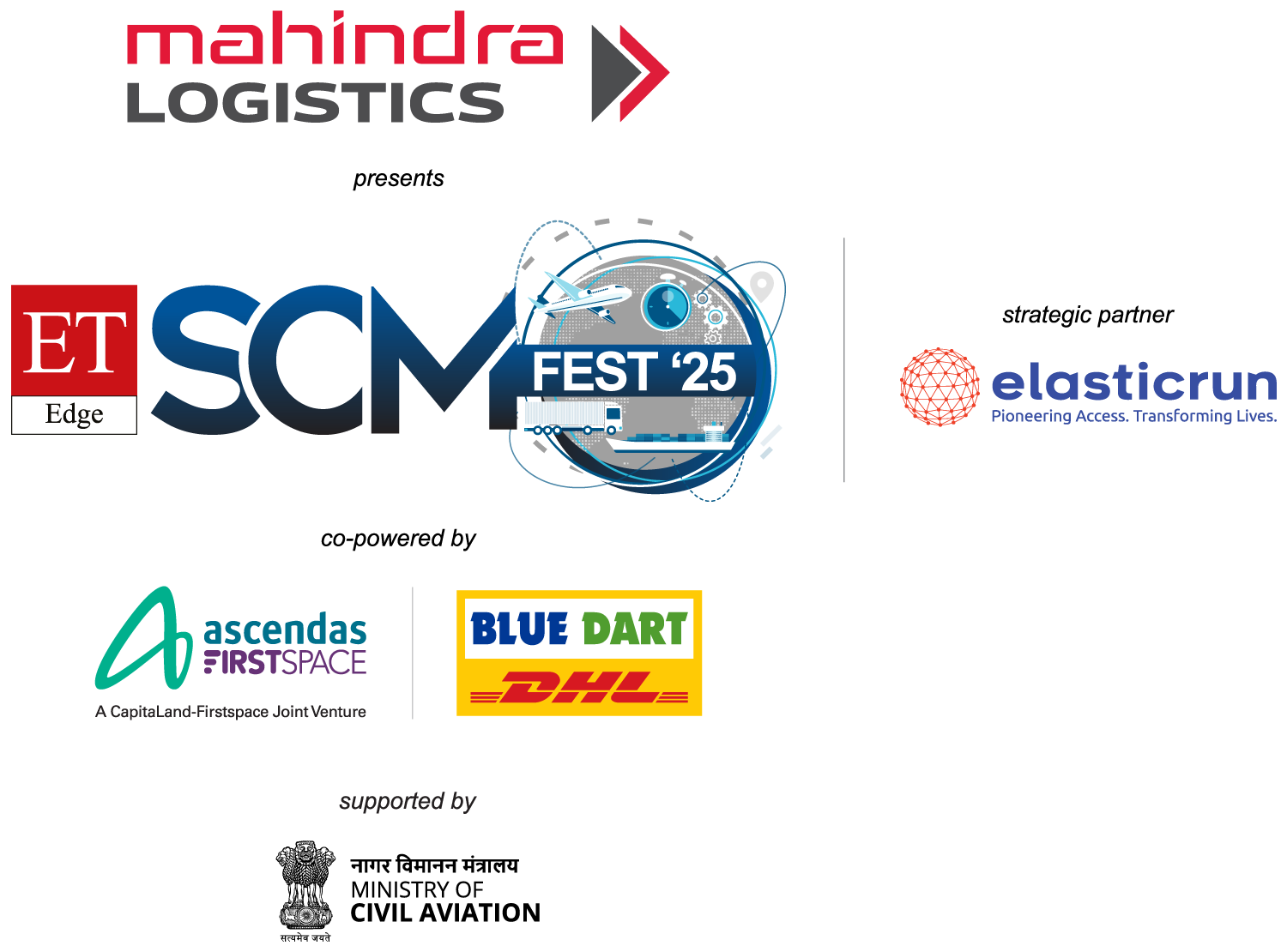Article
- Home
- Article

- scmcp2025
- 0 Comments
Shaping Tomorrow’s Supply Chains: A 2030 Perspective
The supply chain industry is on the brink of a technological revolution that will redefine how goods are produced, transported, and delivered. Rapid advancements in artificial intelligence (AI), blockchain, the Internet of Things (IoT), and robotics are set to transform inventory management, logistics planning, and supply chain optimization. The questions now are: How will your business survive in 2030? Are you prepared for the seismic shifts on the horizon? Let’s explore what the future holds for supply chain management and logistics.
Technological Innovations Driving Change
The integration of AI and robotics in supply chain management will be a game-changer by 2030. AI is revolutionizing logistics and supply chain optimization through predictive analytics, real-time data processing, and automation. AI-driven algorithms predict demand fluctuations and optimize inventory management, reducing the risk of overstocking or stockouts. Robotics enhance efficiency in warehouse operations by automating tasks like sorting, packing, and transportation, leading to faster processing times and reduced labor costs.
AI’s role extends beyond automation. AI in logistics and supply chain management enables sophisticated strategic planning. Machine learning models analyze vast amounts of data to identify patterns and predict trends, aiding informed decision-making. According to Fictiv, by 2025, 50% of supply chain organizations will invest in AI and advanced analytics capabilities.
The Promise of Blockchain
Blockchain technology is poised to reshape the industry by offering unparalleled transparency and security, addressing issues like counterfeiting and fraud. By 2030, blockchain adoption in supply chain and logistics will ensure every transaction is recorded on an immutable ledger, providing a verifiable history of the product’s journey from manufacturer to consumer.
Implementing blockchain in supply chain involves creating a decentralized ledger that tracks transactions. This technology enhances traceability, compliance with regulatory requirements, and efficiency by reducing paperwork. Companies like IBM and Walmart are pioneering blockchain in supply chain to enhance food safety and traceability, significantly reducing the time to trace a product’s origin from days to seconds.
IoT and Smart Supply Chains
The Internet of Things (IoT) will play a pivotal role in creating smart supply chains. Companies using IoT in supply chain benefit from real-time tracking of goods, improved inventory management, and enhanced efficiency. IoT devices can monitor the condition of products during transit, ensuring they are stored under optimal conditions, especially critical for perishable goods in the cold supply chain.
The benefits of IoT in supply chain extend to predictive maintenance of equipment, reducing downtime and enhancing productivity. For instance, sensors can detect when a machine is likely to fail and schedule maintenance proactively, preventing costly disruptions. The smart supply chain in IoT also facilitates better communication between different components of the supply chain, ensuring seamless coordination and reducing delays.
Robotics and Automation
Robotics and automation in supply chain management are set to become even more integral by 2030. Automated guided vehicles (AGVs) and drones will revolutionize logistics, particularly in warehouse operations and last-mile delivery. These technologies will not only increase speed and efficiency but also reduce human error and operational costs.
Sustainability and Global Supply Chains
Sustainability will be a significant focus for global supply chains by 2030. With increasing pressure to reduce carbon footprints, companies will adopt eco-friendly practices and technologies. Technological advancements in supply chain management will support this shift towards sustainability. For instance, AI and IoT can optimize routes for transportation, reducing fuel consumption and emissions.
Modern Trends and Techniques
Modern trends in supply chain management emphasize agility and resilience. The COVID-19 pandemic highlighted the vulnerabilities in traditional supply chains, leading to a shift towards more flexible and responsive models. Modern techniques in supply chain management involve using digital twins, which are virtual replicas of physical supply chains that allow for real-time monitoring and scenario planning.
To Sum It Up
The supply chain industry in 2030 will be vastly different from today, driven by advancements in AI, blockchain, IoT, and robotics. These technologies will enhance efficiency, transparency, and sustainability, transforming how goods are produced, transported, and delivered. Companies that embrace these innovations will be well-positioned to thrive in the future, achieving success in global supply chains through strategic logistics planning and optimization.
As we look ahead to the future of digital supply chain summits, these events will be pivotal in shaping the industry’s trajectory, providing a forum for the exchange of ideas and the development of innovative solutions. The future of supply chain management is bright, with technology leading the way towards a more efficient, transparent, and sustainable industry.
Join us for the biggest supply chain conference, ET Now presents Supply Chain Management and Logistics Summit, on 28th June at Taj Palace, New Delhi. This event will bring together industry leaders to discuss the innovations and strategies that will shape the supply chain industry of tomorrow.
© Copyright 2025. All Rights Reserved.


